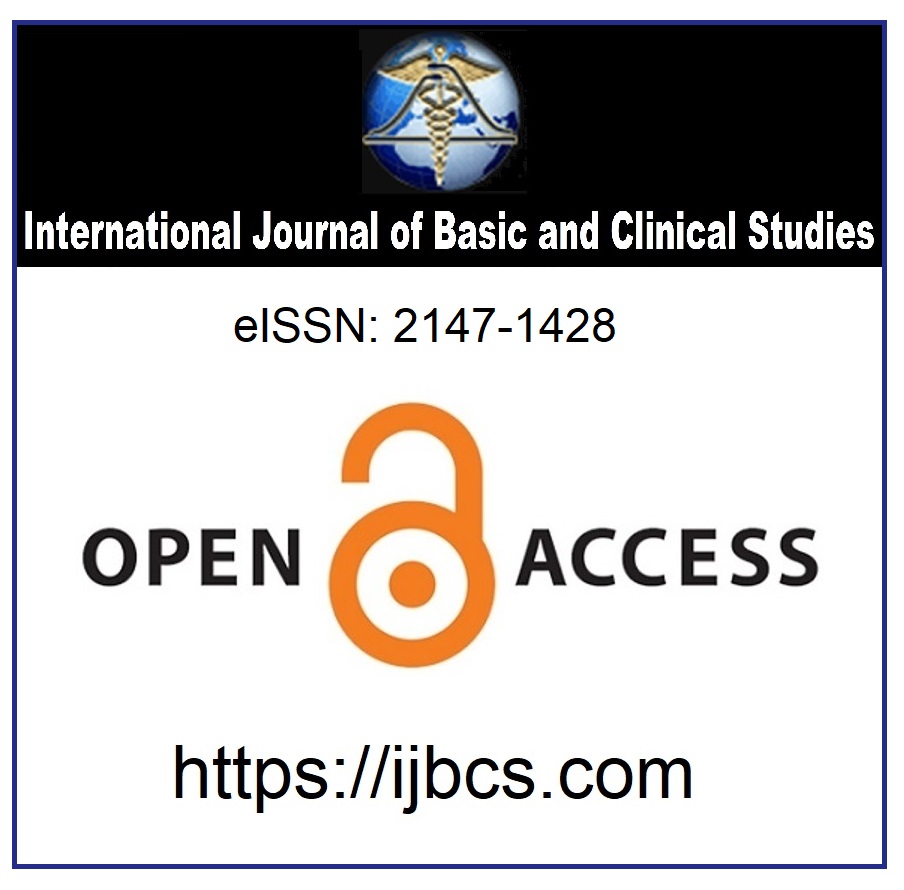Investigation of the Effect of Sensory Integration Therapy and Foot Reflexology Applications on Sensory Modulation and Sleep in a Case with Autism
Keywords:
Autism, sensory integration, reflexology, sleep problemsAbstract
Purpose: The aim of this study is to examine the effect of sensory integration therapy and foot reflexology on sensory modulation and sleep habit in a children with autism.
Method: Children’s Sleep Habits Questionnaire (CSHQ) and the Adolescent/Adult Sensory Profile Questionnaire (ASPQ) were applied before the intervention. The case (12 years old male), who was constantly in motion and intensely observed stereotypical movements, performed 40 minutes of sensory integration therapy and 20 minutes foot reflexology once a week for eight weeks. The assessments were repeated after eight weeks.
Results: According to the Adolescent/Adult Sensory Profile results, sensory sensitivity section was calculated as 51 points and sensory avoidance section was calculated as 52 points, and it was observed that there were more sensitivity and avoidance responses than the typical situation. According to the results of the post-intervention evaluation, the sensory sensitivity
score was reduced to 40 and the sensory avoidance score to 50, and it was determined to be within the similar score range. It was calculated that the scores decreased from 31 to 27 in taste / smell process, from 38 to 33 in auditory process and from 25 to 17 in sensory process related to movement. CSHQ total score improved from 70 points to 39 points and showed a positive
improvement.
Discussion-Conclusion: It was concluded that the practice of foot reflexology together with sensory integration therapy had positive effects on sensory modulation and sleep habits in a patient with autism and sleep problems. In the future, it is recommended to plan longer followup studies with more cases, comparing the effectiveness of sensory integration therapy and
reflexology practices on sleep.
Downloads
Published
How to Cite
Issue
Section
License
Copyright (c) 2020 by the Authors

This work is licensed under a Creative Commons Attribution 4.0 International License.



